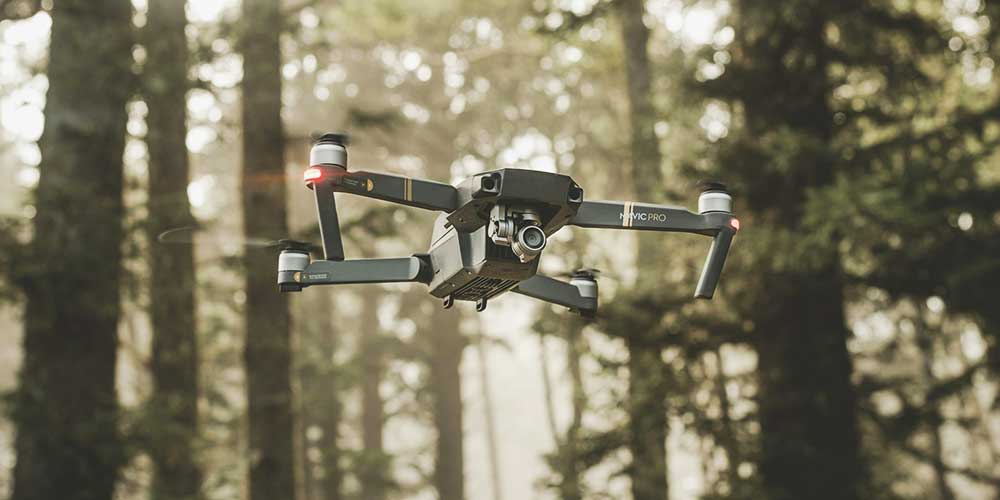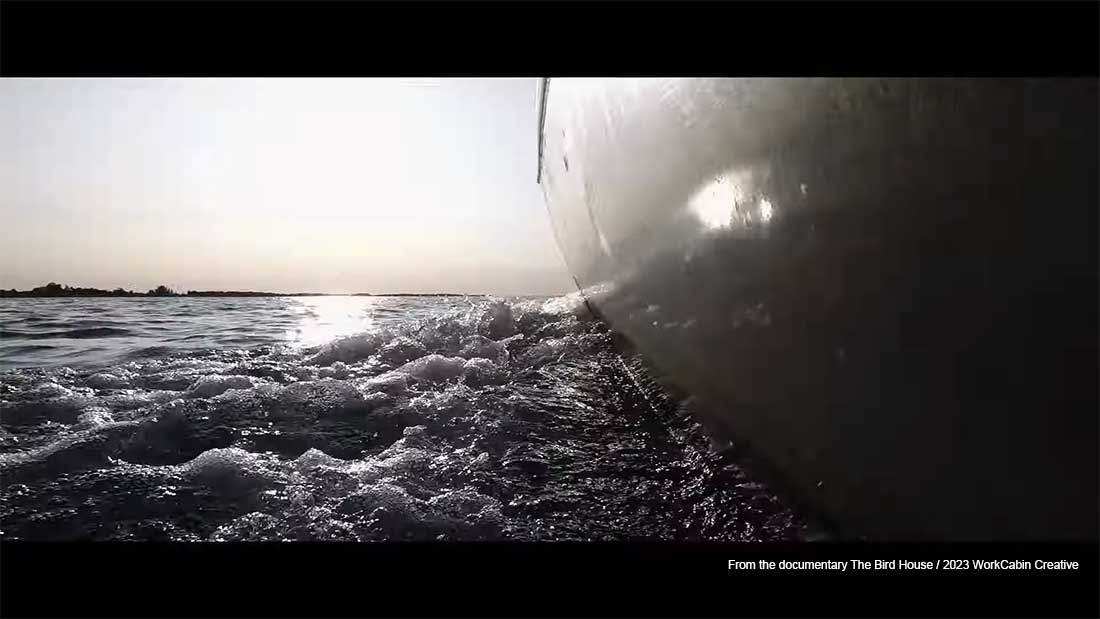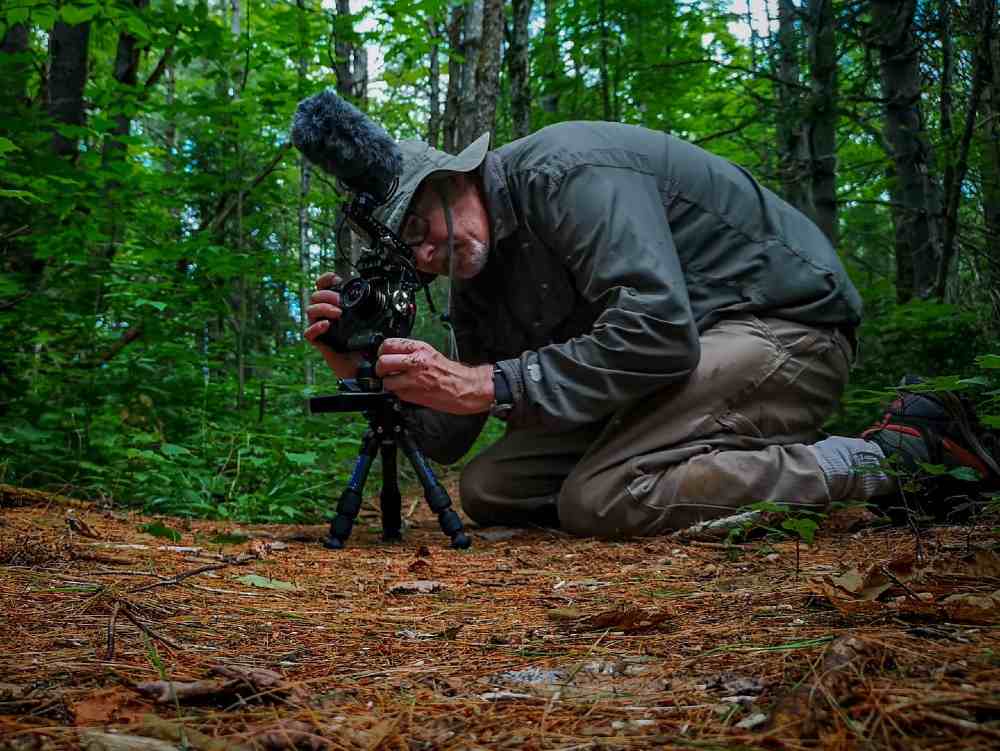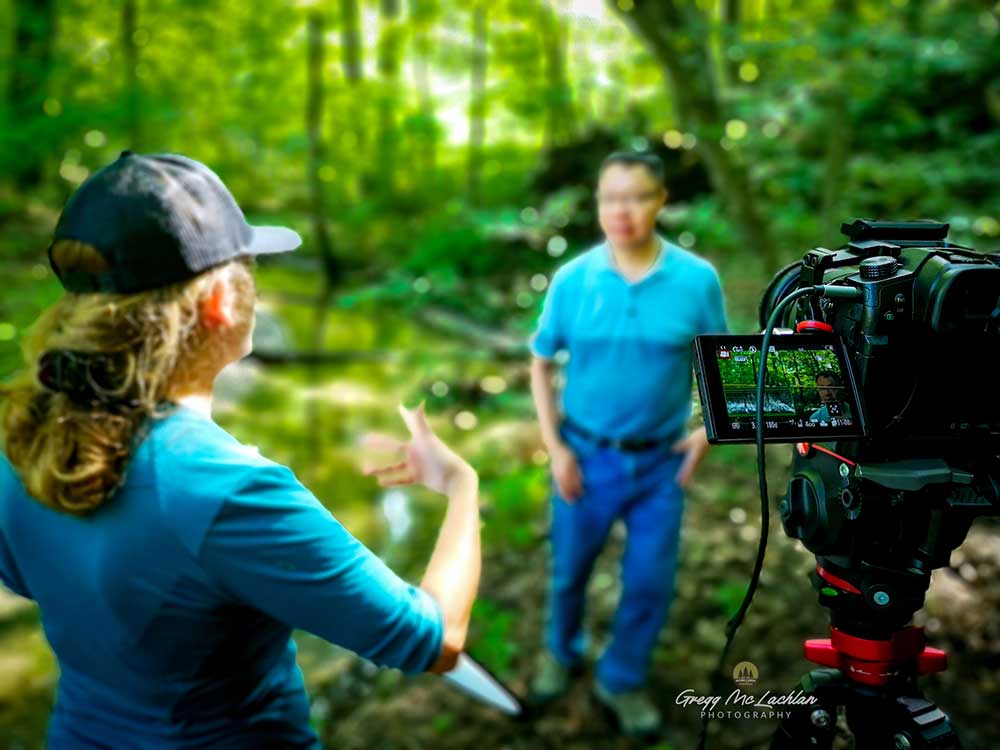- Expertise and Training:
Professional drone pilots undergo rigorous training and certification processes, ensuring they possess the necessary skills to operate UAVs in various environments. Their expertise goes beyond simple flight maneuvers; they are well-versed in understanding airspace regulations, safety protocols, and emergency procedures. This level of professionalism reduces the risk of accidents and ensures compliance with legal requirements, safeguarding both the conservation project and the surrounding ecosystem.
- Precision and Accuracy:
Conservation efforts often demand precise data collection and mapping. Professional drone pilots excel in executing complex missions with accuracy, capturing high-resolution images and videos. This precision is crucial for tasks such as habitat monitoring, wildlife tracking, and identifying potential threats. Hobbyists may lack the technical proficiency and equipment required for such detailed work, potentially compromising the quality of data collected.
- Specialized Equipment:
Professional drone pilots typically invest in advanced equipment tailored to specific needs. Specialized sensors, cameras, and other technological advancements enhance the capabilities of UAVs in ecological research. This ensures that conservation organizations receive high-quality, relevant data that can inform strategic decision-making and contribute to more effective conservation strategies.
- Consistent and Reliable Performance:
Professional drone pilots operate with a level of consistency and reliability that hobbyists may struggle to maintain. Whether working in challenging terrains, adverse weather conditions, or on a tight schedule, professionals are equipped to handle the demands of conservation missions. Dependable performance is essential for meeting project deadlines and achieving the desired outcomes.
- Compliance with Ethical and Environmental Standards:
Conservation organizations prioritize ethical and environmental considerations in their work. Professional drone pilots are well-versed in ethical guidelines and environmental regulations, ensuring that their operations adhere to industry standards. This commitment to responsible drone use aligns with the values of conservation organizations, fostering sustainable practices in the pursuit of protecting ecosystems.
Again, I can’t stress this enough: While hobby drone users may have good intentions, the unique demands of conservation work require the expertise of professional drone pilots. Investing in professionals not only ensures the safety and success of conservation initiatives but also contributes to the responsible and effective use of drone technology. By harnessing the skills, precision, and dedication of professional drone pilots, conservation organizations can truly soar to new heights in their mission.






